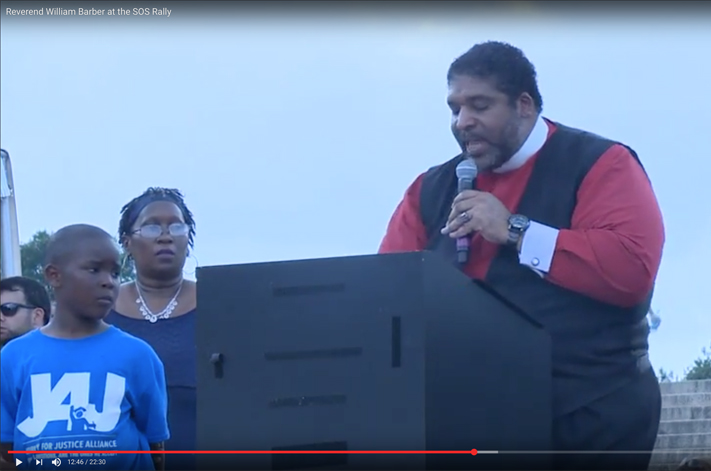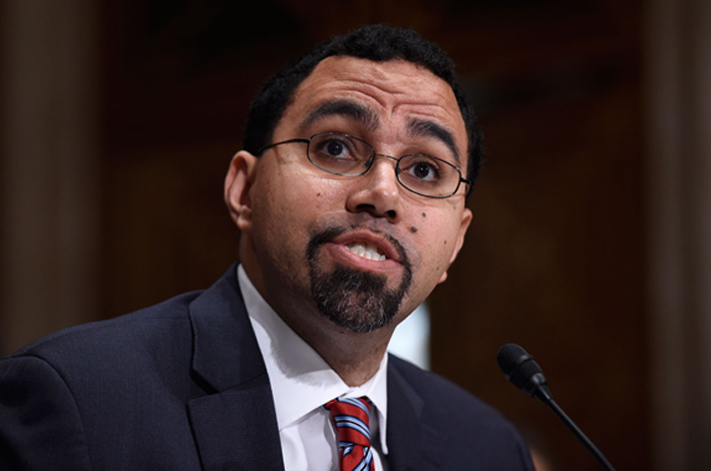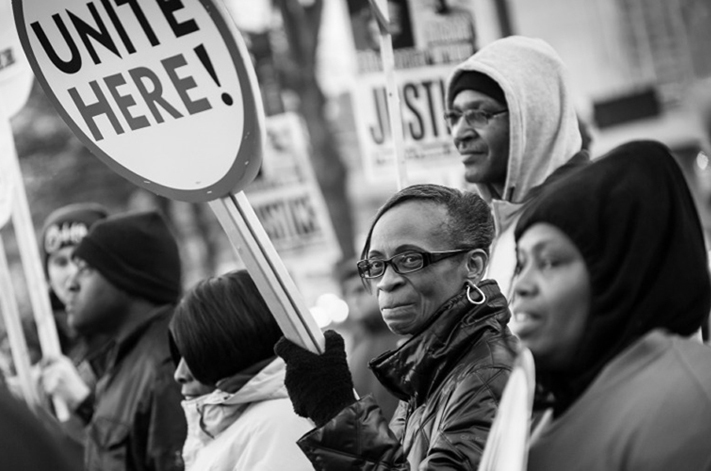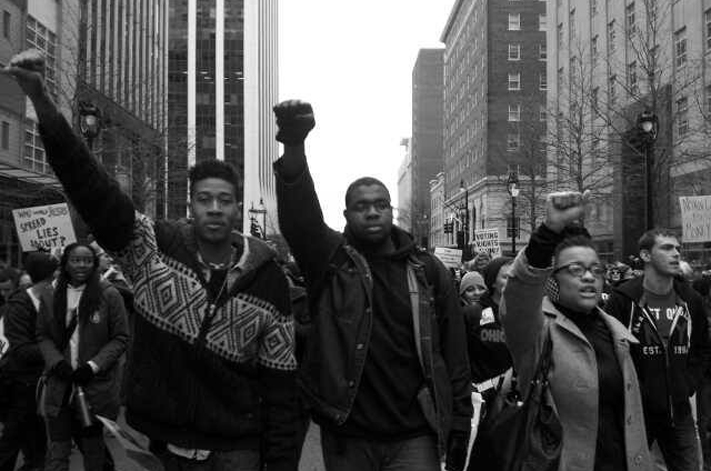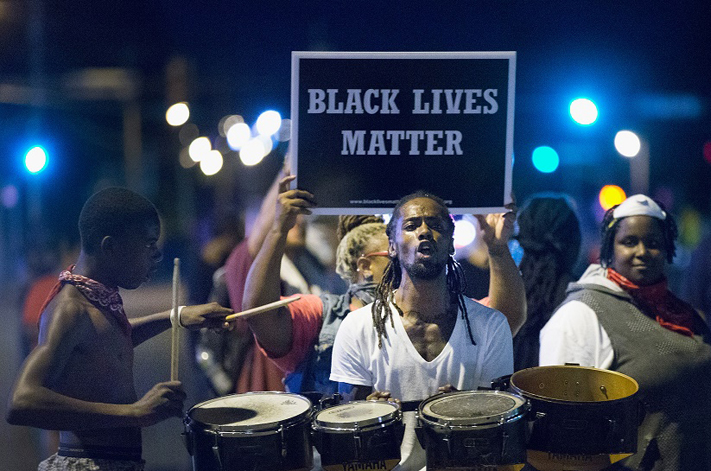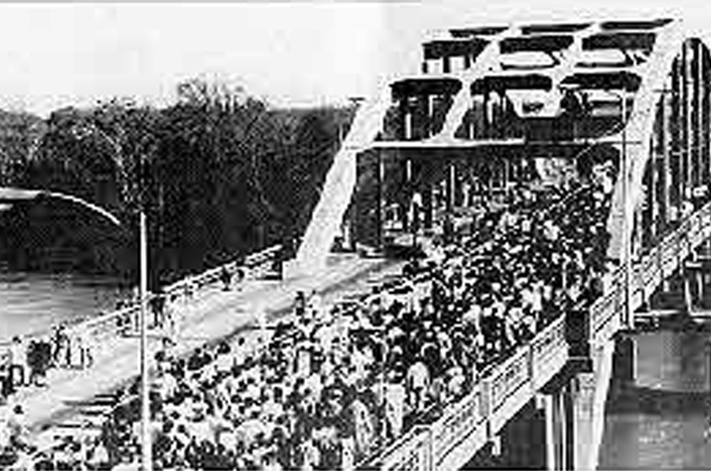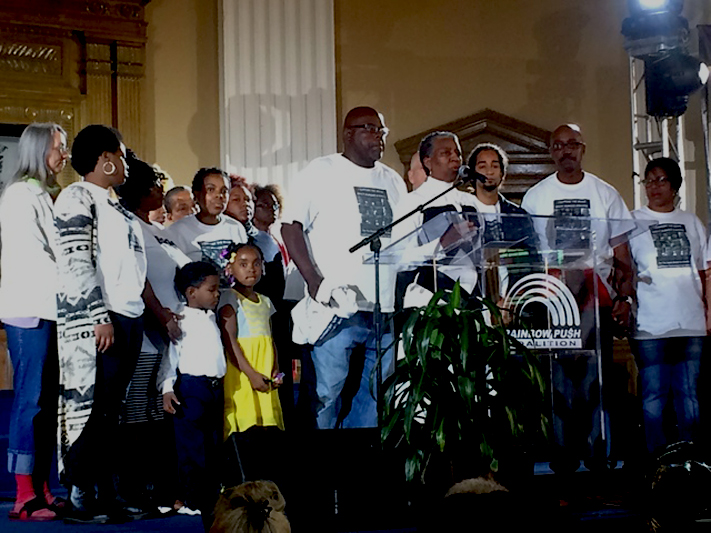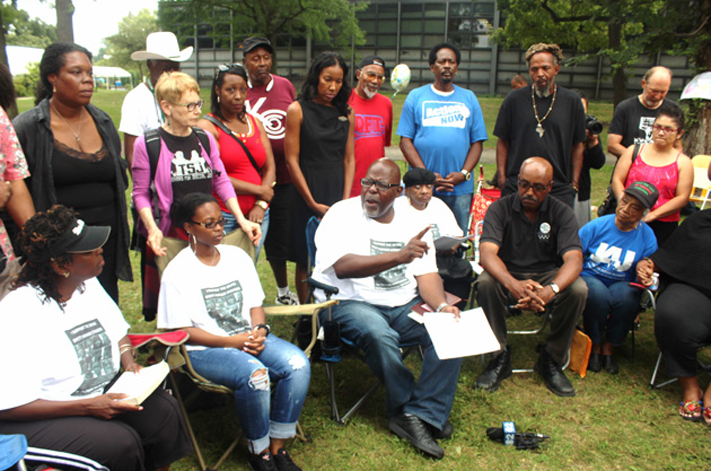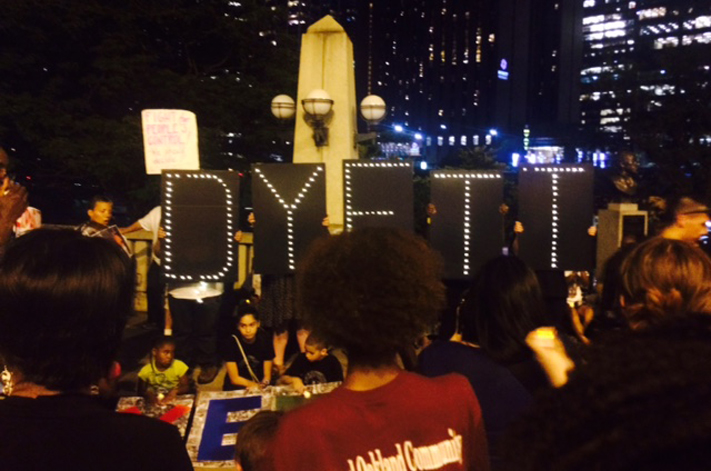Project Description
After a report and testimony from Chicago’s We Charge Genocide, the United Nations Committee Against Torture is 'particularly concerned at the reported current police violence in Chicago'… Chicago Police Department profiling, harassment and excessive force.
The UNCAT released a statement; 'The Committee is particularly concerned at the reported current police violence in Chicago, especially against African American and Latino young people who are allegedly being consistently profiled, harassed and subjected to excessive force by Chicago Police Department (CPD) officers. It also expresses its deep concern at the frequent and recurrent police shootings or fatal pursuits of unarmed black individuals. In this regard, the Committee notes the alleged difficulties to hold police officers and their employers accountable for abuses.'
Leading up to this release, on November 12th to 13th, We Charge Genocide (WCG) joined groups and individuals from across the country who traveled to the United Nations to expose torture in the U.S., especially at the hands of the police. The eight young delegates from Chicago submitted a report to UNCAT on police violence against youth of color, testified before the committee, and held a historic protest inside UNCAT chambers during the U.S. response to their charges of genocide.
The report submitted by We Charge Genocide to United Nations Committee Against Torture is titled, We Charge Genocide: Police Violence Against Chicago’s Youth of Color. Key findings include:
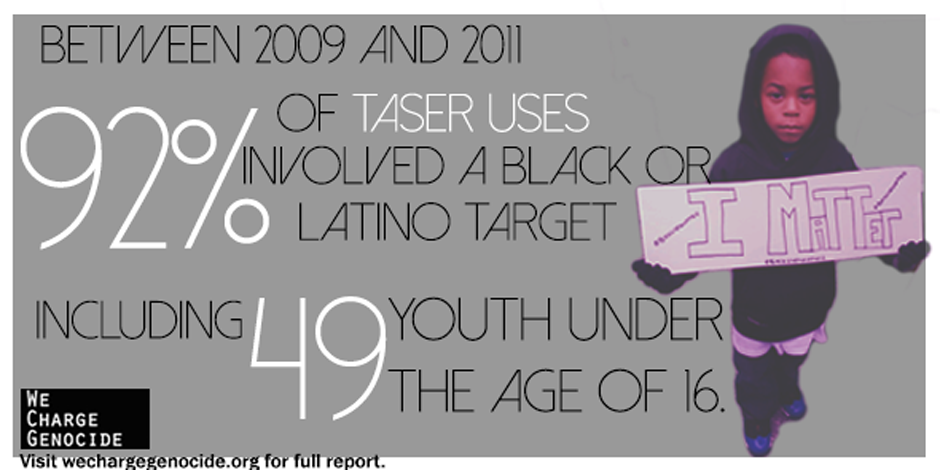
Between 2009 and 2011, 92% of Taser uses involved a Black or Latino target, including 49 youth under the age of 16 (with some as young as 8 years old)
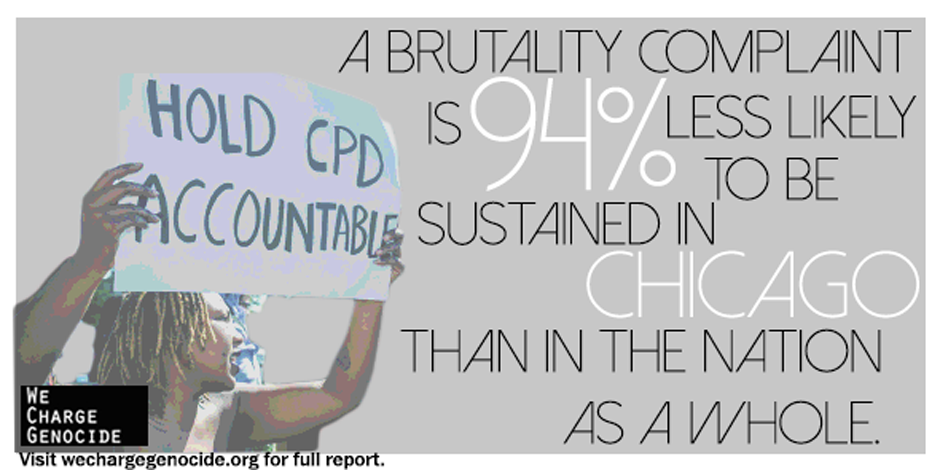
A brutality complaint is 94% less likely to be sustained in Chicago than in the nation as a whole: Only 0.48% of brutality complaints against the CPD are sustained (as opposed to 8% nationally).
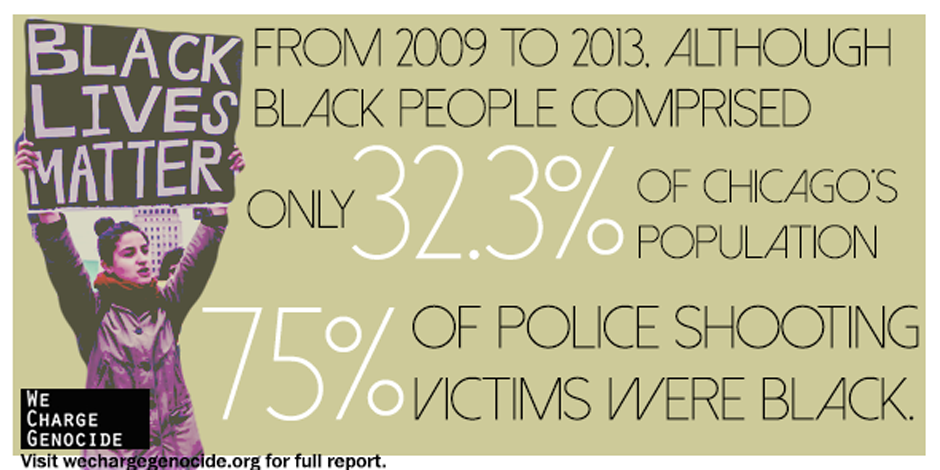
From 2009 to 2013, although Black people comprised only 32.3% of Chicago’s overall population, 75% of police shooting victims were Black. Additionally, in the first six months of 2014, 23 of 27 people shot by the CPD were Black.
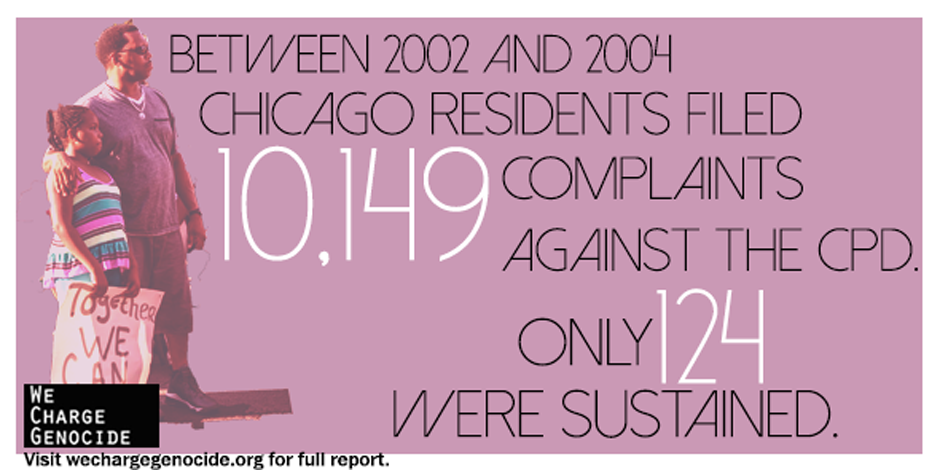
Between 2002 and 2004, Chicago residents filed 10,149 complaints of excessive force, illegal searches, racial abuse, and false arrests against the CPD. Only 124 of these 10,149 complaints were sustained (1.2%), and a mere 19 cases (0.18%) resulted in any meaningful penalty (a suspension of a week or more)
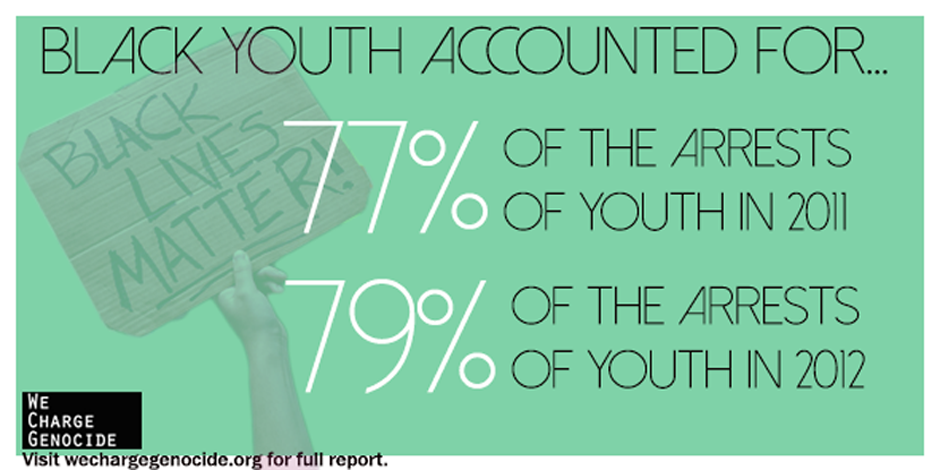
Black youth accounted for 77% of the arrests of youth in 2011 and 79% in 2012. Latino youth accounted for most of the other arrests, i.e., 18% of these arrests in 2011 and 17% in 2012.
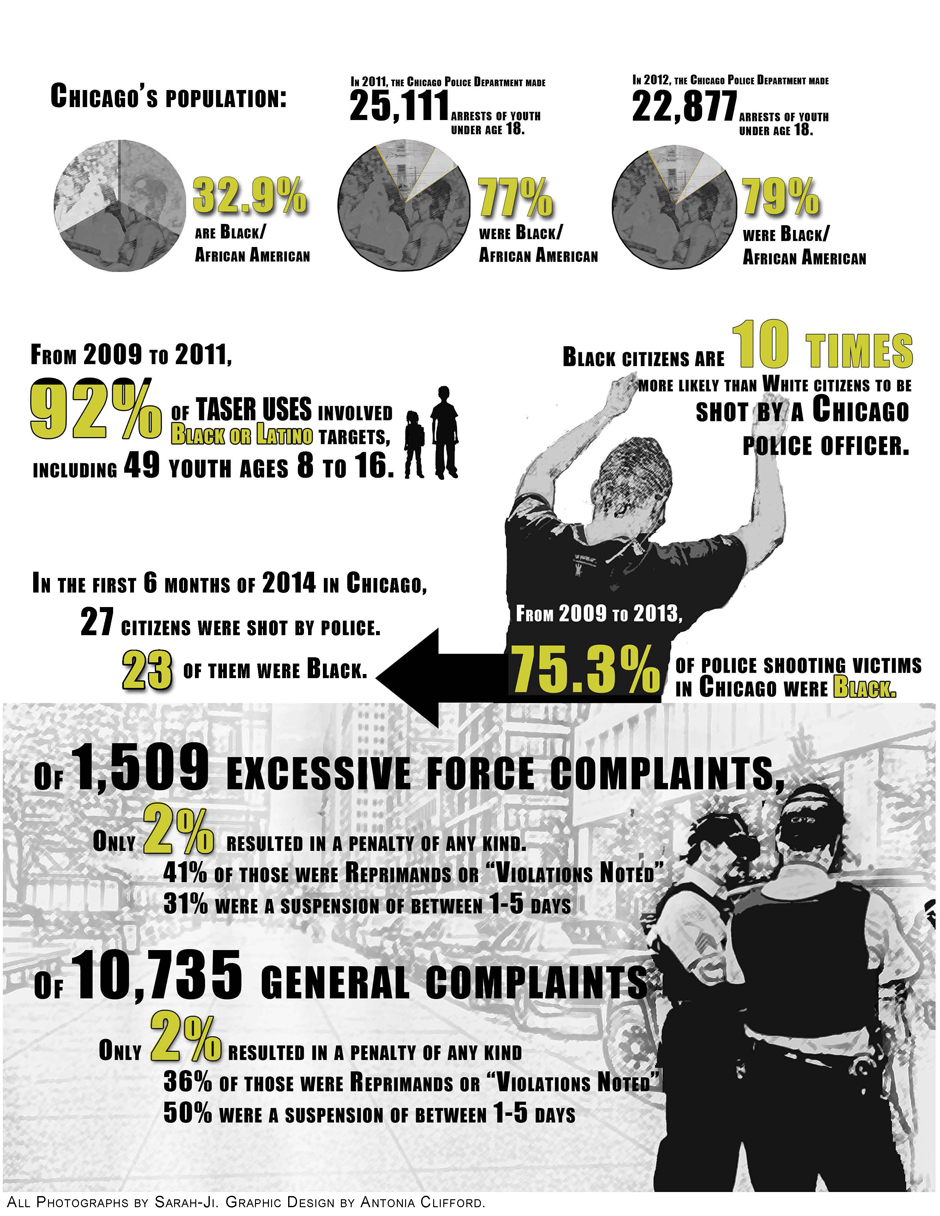
All these images were created by We Charge Genocide with images we had permission to use.
We Charge Genocide is a grassroots, inter-generational effort to center the voices and experiences of the young people most targeted by police violence in Chicago. Instances of police violence reveal the underlying relationship between marginalized communities and the state. This is a relationship of unequal access to power and resources. This is also a relationship where violence is too often used by the police to silence, isolate, control and repress low-income people and young people of color of color in particular. >
We Charge Genocide was started to offer a vehicle for needed organizing and social transformation. The initiative is entirely volunteer-run. We are Chicago residents concerned that the epidemic of police violence continues uninterrupted in our city. We are not a 501c3 and we do this work intentionally outside of the nonprofit industrial complex (which has sometimes silenced community advocates from being able to propose radical ideas and solutions). The name We Charge Genocide comes from a petition filed to the United Nations in 1951, which documented 153 racial killings and other human rights abuses mostly by the police.
There is a long tradition of collecting testimonies of human rights violations and taking those to the UN but there’s never been a specifically youth-driven effort. We want to connect the dots through lifting up youth testimony and youth voices on police violence in our city.
In addition, We Charge Genocide hopes to equip individuals across Chicago with information, resources, and tools to more proactively “police” the police. We Charge Genocide respects and seeks to lift up the existing efforts to hold the Chicago Police Department accountable, to reform the CPD, and in some cases to seek viable alternatives to policing. Our goal is not to reinvent the wheel but rather to explicitly include young people’s voices in these efforts and to encourage youth-driven solutions.
Our work to end police violence relies on two primary strategies: education and documentation. Both are central to our organizing efforts. We invite community involvement (and especially youth involvement) in “We Charge Genocide.”
This piece was reprinted by EmpathyEducates with permission or license. We thank We Charge Genocide for their kindness, observations, research, and for giving voice to what we believe is a vital conversation. As a society, might we too express a ‘particular concern’ for the violence police perpetrate against our children and communities?

